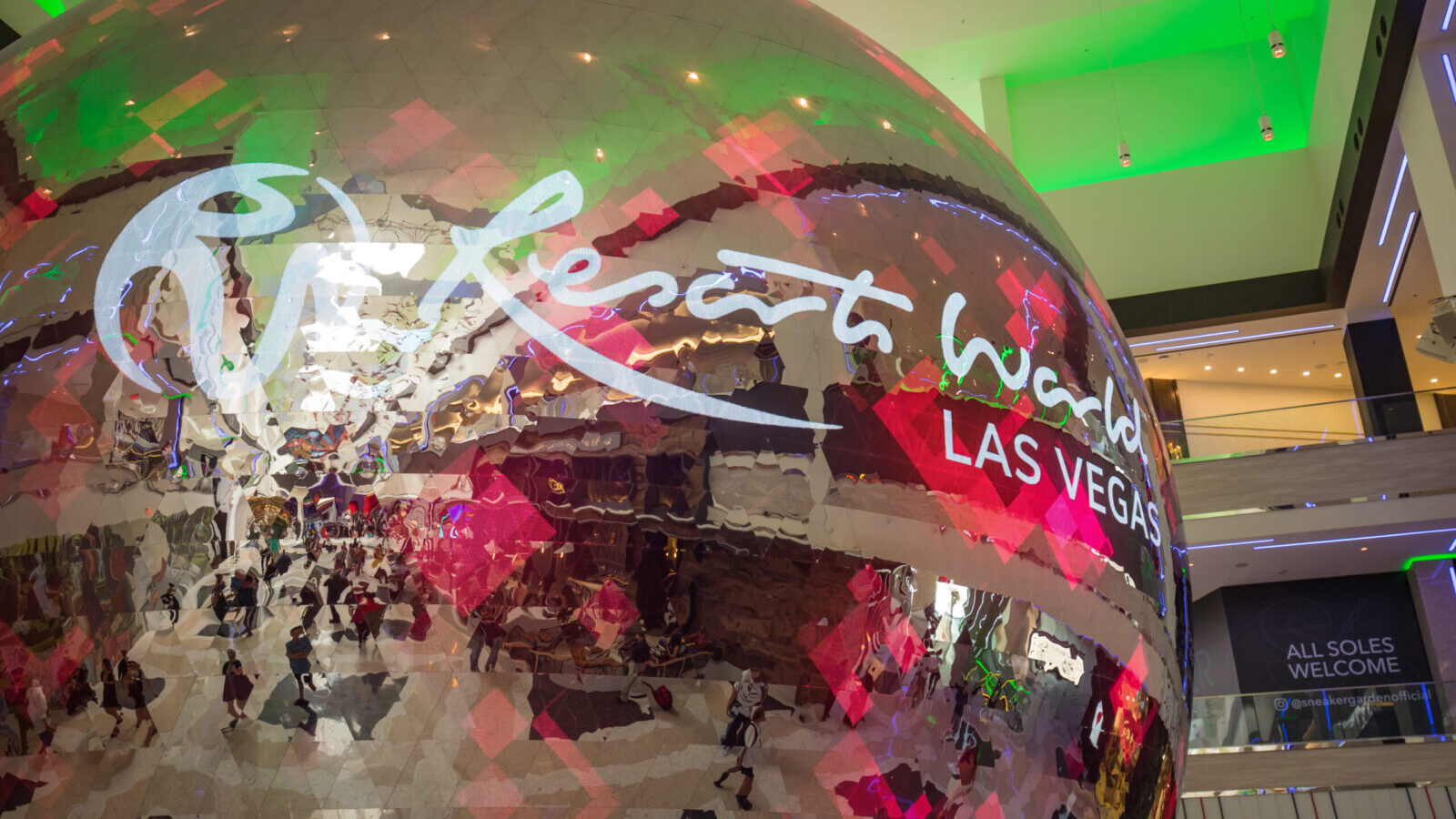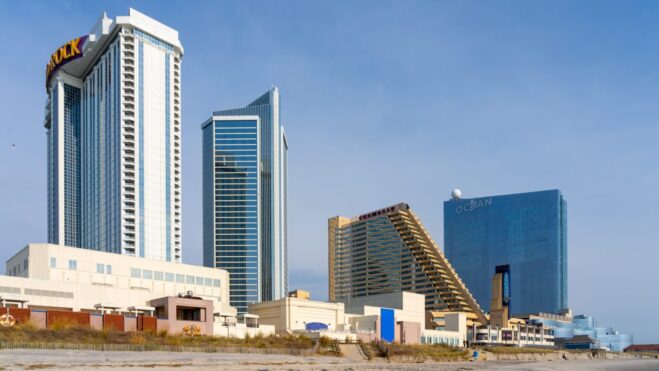Judge Dismisses Lawsuit Against Resorts World Las Vegas, Scott Sibella Amid Ongoing Casino Controversies
Plaintiff Robert Cipriani failed to prove himself in the judge’s eyes, leading to the suit’s dismissal
2 min

A federal judge has dismissed a lawsuit filed against Resorts World Las Vegas (RWLV) and its former president, Scott Sibella, by Robert Cipriani, a gambler and self-described private investigator also known as “Robin Hood 702.” Cipriani’s claims centered on allegations that the casino allowed convicted criminals to conduct illegal activities, particularly involving large sums of illicit funds.
The dismissal was handed down Wednesday by Judge Jennifer Dorsey of the U.S. District Court for the District of Nevada. Her decision highlighted a lack of substantive evidence linking RWLV and Sibella directly to criminal misconduct or collusion with known felons.
Cipriani is a figure known for his high-stakes gambling and unique persona; he often claims to use his winnings to help individuals in need. His relationship with Genting Group-owned RWLV became contentious after a reported incident involving Robert Alexander, a convicted fraudster, who allegedly threatened Cipriani over unpaid gambling debts.
According to Cipriani, RWLV and Sibella failed to take appropriate actions to prevent Alexander’s continued gambling with “stolen money,” resulting in what Cipriani described as an ongoing campaign of harassment. He alleged that Sibella was aware of Alexander’s activities and that the casino turned a blind eye, effectively enabling criminal activity on the premises.
RWLV tries strong-arm approach
The lawsuit sought damages for what Cipriani described as “weeks of intimidation.” He argued that RWLV’s inaction contributed to a hostile environment as the casino sought to get him to back down.
However, Judge Dorsey’s dismissal cited a lack of concrete proof that Sibella or RWLV intentionally facilitated illegal activity or knowingly harbored criminal elements within their establishment.
The judge’s decision serves as a significant victory for the casino, which has been under scrutiny amid various legal and regulatory issues. For Cipriani, who is involved in multiple legal battles, the dismissal represents a setback in his ongoing disputes with the casino industry.
However, the court’s decision does not fully resolve the reputational damage for the casino. It must contend with ongoing regulatory attention, partly as a result of Sibella’s past charges and his controversial management decisions.
Sibella crushes casino career
Sibella’s career in the casino industry spans decades, including high-ranking positions at major Las Vegas properties like MGM Grand. Despite his extensive experience, Sibella’s leadership at RWLV has been controversial, particularly after the Nevada Gaming Control Board revoked his gaming license.
His license was suspended following a conviction on charges related to money laundering and illegal bookmaking, for which he received a year of probation.
While the Gaming Control Board’s decision impacted Sibella’s reputation, he remained at RWLV until his resignation in September 2023. This resignation followed continued allegations about the casino’s operations under his watch, which raised questions about internal compliance practices at the company.
Resorts World and the Ohtani betting scandal
The dismissal of Cipriani’s case occurs against a backdrop of heightened scrutiny for RWLV, which has been the focus of claims about illegal betting activities. The casino recently found itself implicated in allegations surrounding unauthorized sports betting connected to the Shohei Ohtani betting scandal.
According to various reports, RWLV allegedly permitted unlicensed betting and gambling practices, particularly in sports betting. Though the casino has denied these claims, they have contributed to a broader conversation about regulatory oversight and the casino’s internal policies.
The high-profile nature of the Ohtani case, combined with Cipriani’s allegations, places RWLV under an intensified regulatory spotlight. Industry observers and regulatory bodies in Nevada are particularly concerned with ensuring that Las Vegas properties adhere to state and federal gaming laws.
The negative attention surrounding the casino raises questions about whether RWLV will undergo stricter oversight or face additional regulatory hurdles. It could also impact Genting’s chances of securing one of the potential casino licenses in New York, with questions already being raised about the company’s future there.





